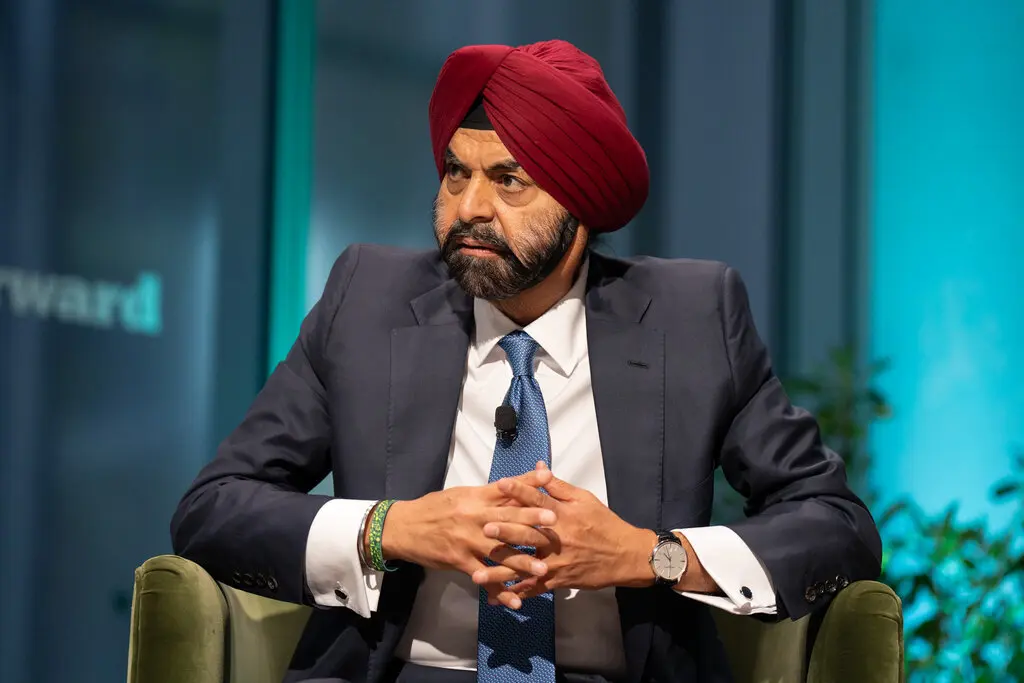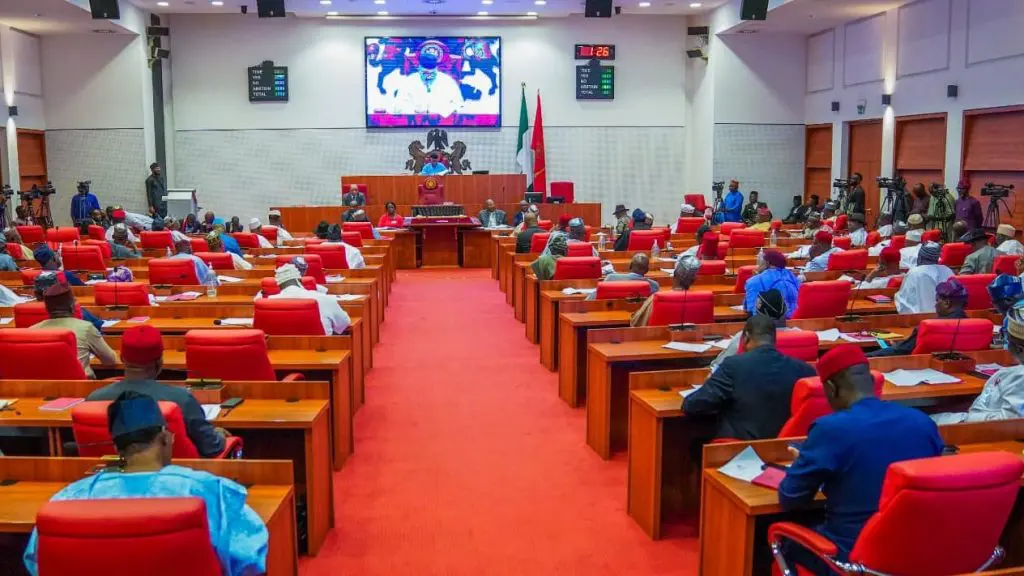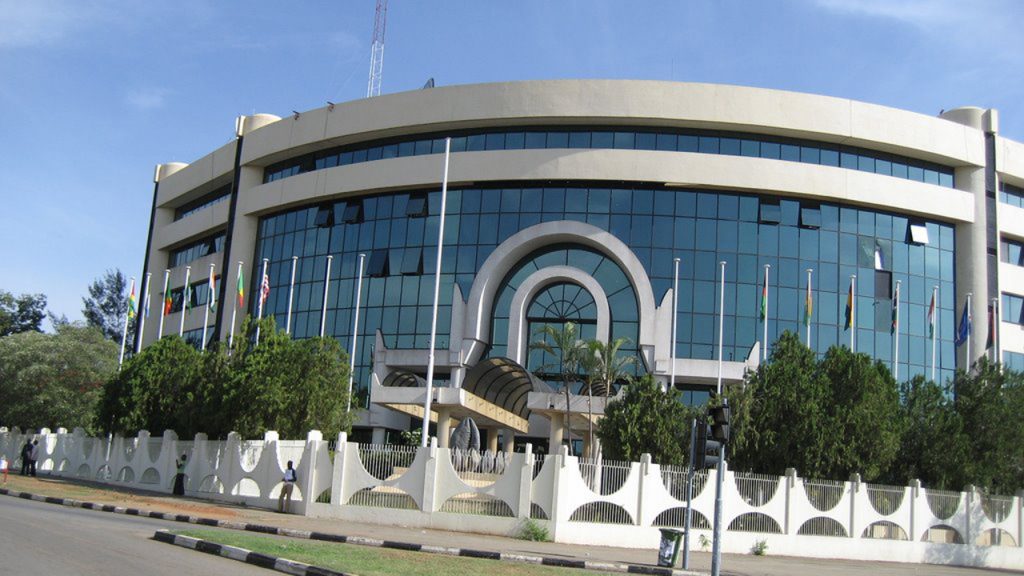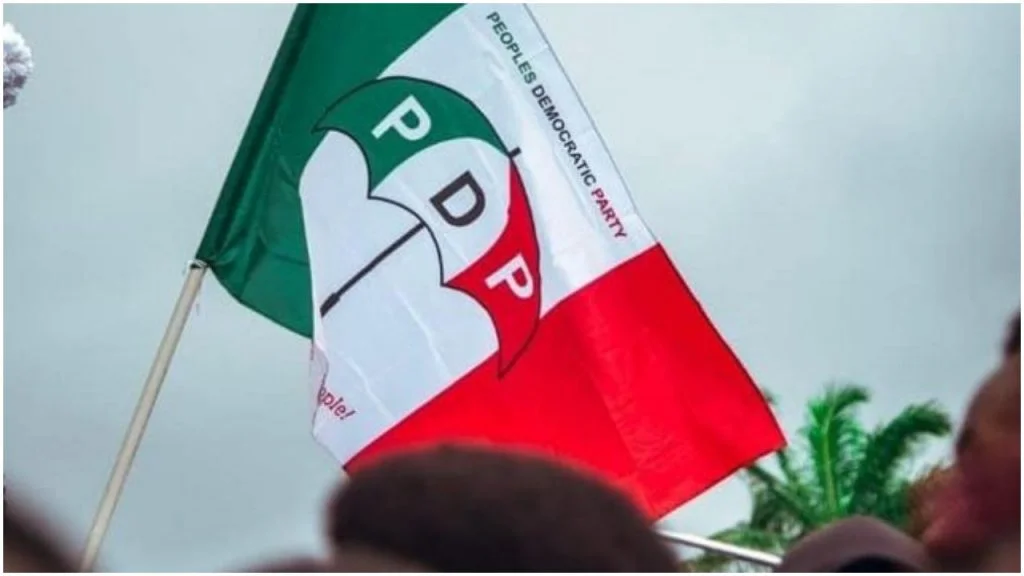News
Investigation Finds World Bank Failed to Police Abuse at Kenyan Schools

The World Bank’s internal watchdog on Thursday criticized the organization’s handling and oversight of its investment in a chain of Kenyan schools that were subject to an internal investigation after allegations that students were abused.
The investigation, which started in 2020, has consumed World Bank officials and shareholders in recent months and led to scrutiny of its investment arm, the International Finance Corporation, which invested in the educational project a decade ago.
Countries that make up the board of the I.F.C. have been debating how to compensate victims of the abuse. While the scandal predates the tenure of Ajay Banga, the World Bank’s new president, it has emerged as one of the first tests of his management.
Mr. Banga will be responsible for directing any changes related to how the bank invests in private-sector projects. He has already faced criticism for appearing to be dismissive of suggestions that the I.F.C. was interfering in the investigation, and U.S. lawmakers have told him that the bank’s future funding could hinge on his handling of the matter.
The watchdog report, published by the World Bank’s Compliance Advisor Ombudsman, concluded that the I.F.C. “did not consider the project’s potential child sexual abuse risks or consider the capacity of its client to satisfy environmental and social requirements in relation to child sexual abuse risks and impacts.”
The World Bank held a $13 million stake in Bridge International Academies from 2013 to 2022. It divested from the program after complaints of sexual abuse at the schools, which led to internal investigations about the episodes and a review of how its investment arm oversees such programs.
The report, referring to Bridge International Academies, added that the “I.F.C. failed to regularly monitor or substantively address project-related child sexual abuse and gender-based violence risks and impacts with its client.”
It went on to recommend that the victims of the abuse receive financial compensation.
However, a management “action plan” that the board of the I.F.C. had agreed upon did not fully heed those recommendations. Instead, the plan said that it would “directly fund a remediation program for survivors of child sexual abuse” for up to 10 years. The plan would pay an unspecified amount of money for psychological support and adolescent sexual and reproductive health services.
The decision over whether to directly compensate the victims was the subject of intense internal debate among board members, with some arguing that the bank should not be taking such direct financial responsibility for what happened at the program.
In an email to the staff of the World Bank that was sent on Wednesday night, Mr. Banga, who was not at the helm during the period of abuse, acknowledged that mistakes were made in the handling of the program and the investigation and was contrite.
“I am sorry for the trauma these children experienced, committed to supporting the survivors and determined to ensure we do better going forward,” Mr. Banga wrote.
Acknowledging concerns about the integrity of the investigation, Mr. Banga added that he would appoint an outside investigator to ensure that the previous investigation was free of interference.
“We should have responded earlier and more aggressively,” he said. “This is a difficult moment for our institution, but it must be a moment of introspection.”
Human rights groups and civil society organizations have been critical of the proposed action plans, arguing that they do not go far enough to compensate victims.
On Thursday, they continued to lament the lack of direct financial support in the action plan, which proposes to pay for counseling services and health support for the victims.
“I.F.C.’s action plan fails to do the one thing that is required of it: provide remedy to the Bridge survivors,” said David Pred, the executive director of the human rights group Inclusive Development International.
In recent days, U.S. lawmakers have also been urging the Treasury Department, which helped steer Mr. Banga’s nomination to lead the bank, to press for more to be done and to reject the action plan.
“I’m concerned that failing to provide direct and meaningful compensation will not only harm the survivors and their families, but it will also harm the reputation of the I.F.C., which has a critical mission around the world, and that of the United States as its largest shareholder,” Representative Maxine Waters, the top Democrat on the House Financial Services Committee, wrote in a letter to Treasury Secretary Janet L. Yellen on Wednesday.
The Treasury Department, which had pushed for the victims to be compensated, said in a statement on Thursday that it accepted the findings of the report. However, it suggested that the survivors should be consulted as the I.F.C. determines how best to compensate them.
CREDIT: THE NEW YORK TIMES
News
Senate explores policy options to mitigate impact of Naira depreciation

Concerned about the recent decline of the Naira against major foreign currencies, the Senate, through its Committee on Finance, is actively considering various policy options to alleviate the impact of the currency’s devaluation and promote economic stability in Nigeria.
In a statement released on Sunday and signed by its chairman, Senator Sani Musa (APC Niger East), the committee outlined several measures aimed at addressing the currency’s depreciation. These measures include stringent oversight of fiscal policies, engagement with relevant stakeholders, and the development of targeted interventions to support critical sectors of the economy.
Musa emphasized the urgency of addressing the current economic challenges and the imperative of concerted efforts to combat the instability and continuous devaluation of the Naira. He expressed hope that economic managers would adhere to the administration’s standards to achieve the desired economic growth and prosperity for Nigeria, reaffirming the National Assembly’s support for the executive branch in achieving these goals.
While acknowledging the uncertainties facing the economy, Musa urged Nigerians to remain vigilant and resilient, emphasizing that collective efforts can overcome the challenges and lead the nation toward prosperity for all.
The statement, titled ‘State of the Nation Economy and Naira Depreciation,’ highlighted the significant challenges facing the Nigerian economy, both internally and externally. Despite efforts to stabilize economic growth, the persistent depreciation of the Naira against major foreign currencies remains a pressing concern.
The committee underscored the need for proactive measures to safeguard the stability and resilience of the currency. It pledged to closely monitor the situation and collaborate with relevant stakeholders to implement effective policies and strategies. Additionally, it emphasized the importance of addressing the root causes of Naira depreciation, including fluctuations in global oil prices, fiscal deficits, and structural imbalances in the economy.
News
ECOWAS deploys 40 observers to monitor Togo elections

The President of the Economic Community of West African States (ECOWAS) Commission, Omar Alieu Touray, has dispatched a team of 40 observers to Togo to oversee the legislative and regional elections scheduled for April 29, 2024.
In a statement released by the regional bloc on Sunday, it was mentioned that this mission aligns with Article 12 of the ECOWAS Supplementary Protocol on Democracy and Good Governance, demonstrating the organization’s commitment to assisting its Member States in conducting elections. Leading the mission is Mrs.
Fatoumata Jallow-Tambajang, the former Vice-President of The Gambia. The team comprises Ambassadors from ECOWAS Member States, representatives from the ECOWAS Court of Justice and Parliament, Civil Society Organizations, media professionals, and election observation experts from the West African region.
This deployment follows the recommendations of a pre-election fact-finding mission that assessed the preparatory phases of the elections in Togo from April 15 to April 20, 2024. Throughout their time in Togo, the observation mission will engage with key stakeholders in the electoral process and closely monitor the voting procedures until April 29, 2024.
News
BREAKING: Council polls: PDP sweeps 33 Oyo LGAs

Candidates of Peoples Democratic Party, PDP, have won all the chairmanship positions in Saturday’s local government election in Oyo State.
DAILY POST reports that there are 33 local government areas in the state.
Our correspondent reported that the Oyo State Independent Electoral Commission, OYSIEC, conducted the election on Saturday.
OYSIEC on Sunday declared PDP candidates as winners of the election in all the 33 LGAs.
The results were announced at OYSIEC’s office in Ibadan, the state capital.
Details later.
CREDIT: DAILY POST
-

 World News7 months ago
World News7 months agoWhat we know about Israel’s war with Hamas
-

 Sports7 months ago
Sports7 months agoLaLiga: Everyone want to play with him – Vinicius on player Real Madrid should sign
-

 World News7 months ago
World News7 months agoIran calls on Islamic, Arab countries to confront Israel
-

 Tech7 months ago
Tech7 months agoTop 10 AI Skills to Learn in 2023
-

 Entertainment7 months ago
Entertainment7 months agoBET Hip-Hop Awards: Black Sherif wins big as Burna Boy loses seven nominations
-

 Entertainment6 months ago
Entertainment6 months ago‘Black Panther’ star Lupita Nyong’o breaks up with boyfriend, Selema Masekela
-

 ICT8 months ago
ICT8 months agoApple Bows To EU, Unveils iPhone With USB-C Charger
-

 World News7 months ago
World News7 months agoZelensky seeks defences for winter on visit to NATO


